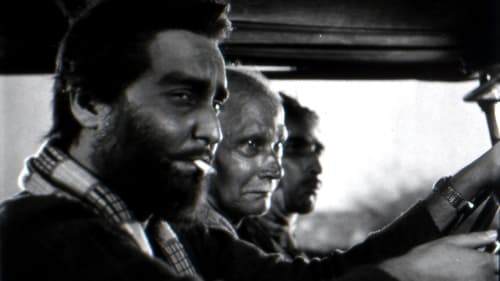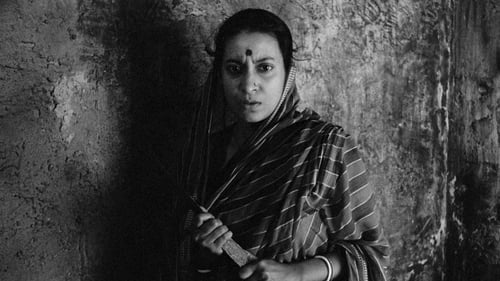Charuprakash Ghosh
出生 : 1912-12-31, Kolkata, West Bengal, India
略歴
Charuprakash Ghosh was an Indian Bengali actor, known for 'The Holy Man' (1965), 'Aparajito' (1956) and 'The Expedition' (1962) and Cannes Jury Prize winning film 'Kharij' (1982).





